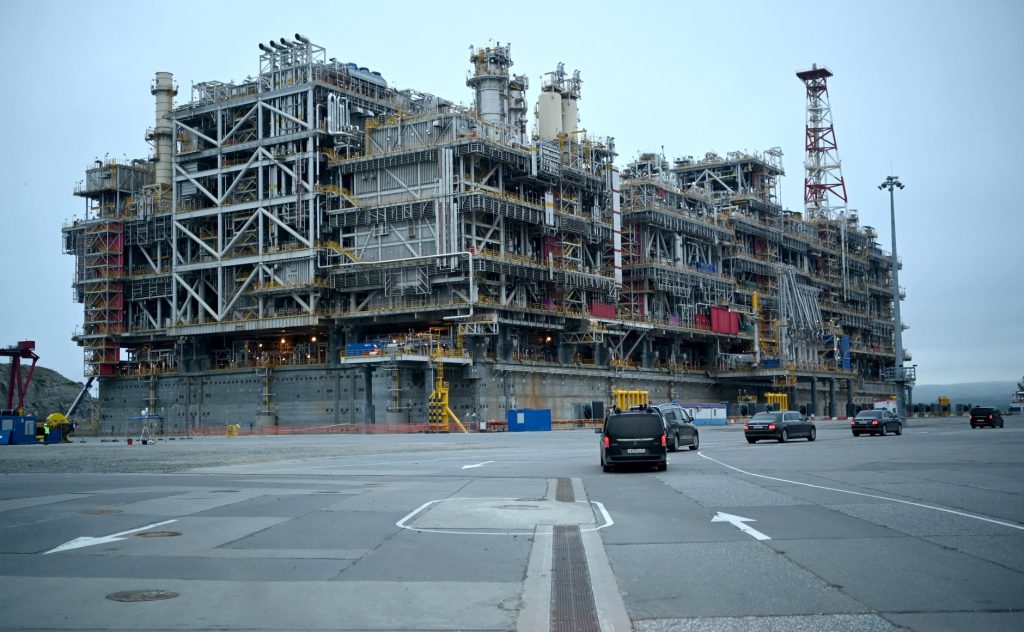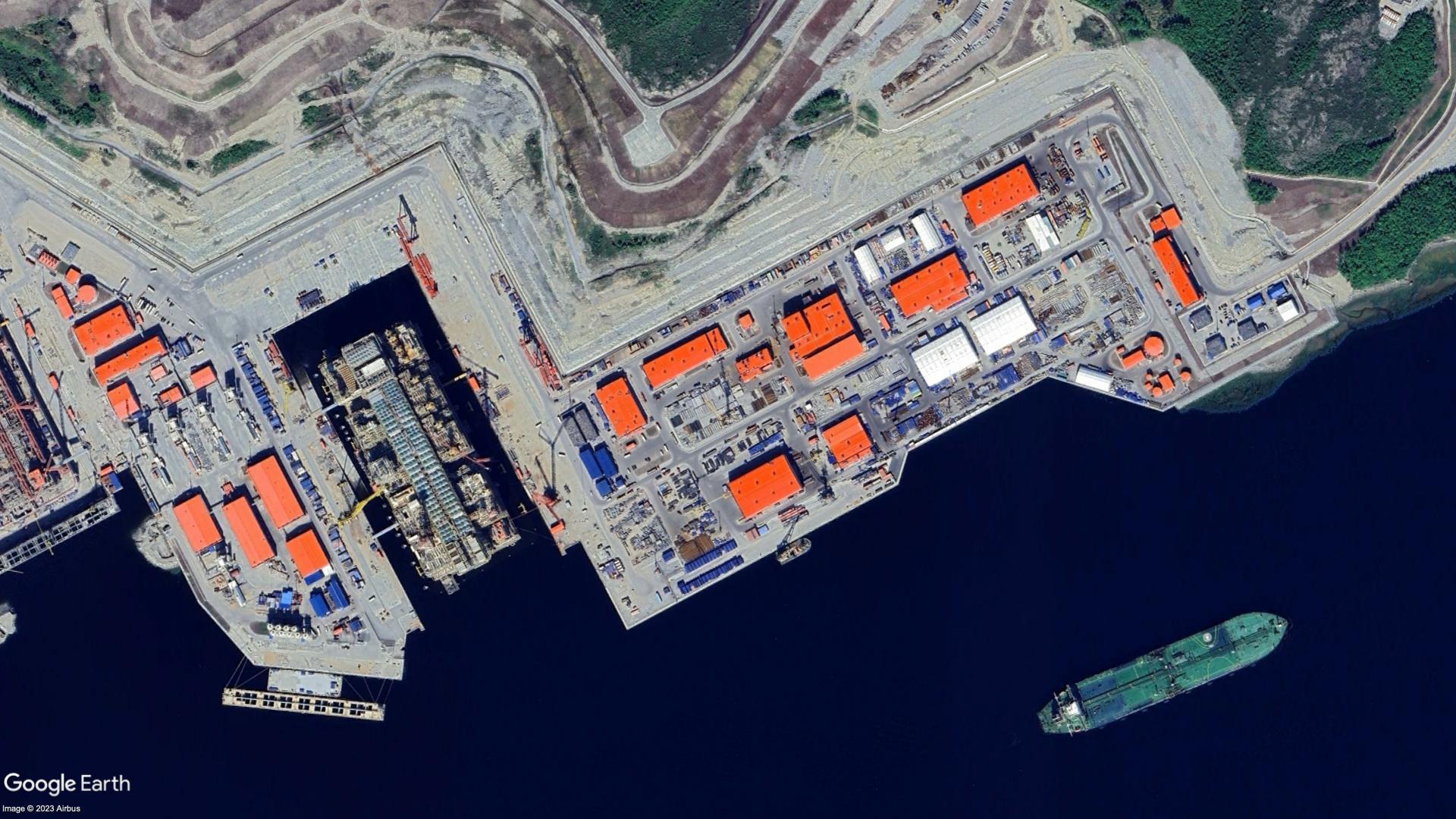Despite sanctions, European companies have provided high-tech equipment and engineering services to Arctic LNG 2, a massive Russian gas extraction and liquefaction project in the far north of Siberia that critics call a billion-tonne source of carbon emissions.
The Russian energy sector heavily relies on hardware and know-how from Western countries. The invasion of Ukraine in February 2022 and the Western sanctions on Russia that followed should have spelt the end of the Kremlin’s ambitions to expand its natural gas production and export capacity.
However, as investigations by the Anti-Corruption Data Collective published in Der Spiegel, ZDF and Der Standard reveal, a major European engineering company risked breaching sanctions by sending key components to Arctic LNG 2 right up until the deadline for implementing an export ban in late May 2022.
A coordinated investigation by Le Monde exposed the critical role of French company Technip in both planning Arctic LNG 2 and shipping equipment to the project’s construction facility after sanctions had been announced.
As a result, the first part of Arctic LNG 2 was completed on schedule in summer 2023.
“Western companies have helped Putin to build a carbon bomb, but there is still time to defuse it”, states @zoe_reiter in a @ForeignPolicy op-ed – refering to the recent #ArcticLNG2-revelations by @derspiegel @ZDF @derStandardat @paper_trail_m @lemondefr https://t.co/K1iWRuJgSh
— Frederik Obermaier (@f_obermaier) October 20, 2023
Environmental campaigners and EU politicians have criticised the project, which will emit over a billion tonnes of carbon emissions in its lifetime, making it one of hundreds of so-called “carbon bombs” around the world that are incompatible with the goals of the Paris Agreement on climate change.
But there is still an opportunity to defuse the bomb. Following the investigations, Ukrainian and international civil society have called on the EU to target strategic energy projects such as Arctic LNG 2 in future rounds of sanctions against Russia.
In early November 2023, the investigation prompted the U.S. State Department to add the main company operating Arctic LNG 2 to its list of sanctioned entities “associated with Russia’s war effort and other malign activities”.
In late June 2024, the European Union adopted a new package of sanctions that met – and in some cases, exceeded – civil society demands made after the team’s investigation.
The EU’s 14th package of sanctions banned the transhipment of Russian LNG in European ports and prohibited European companies from supplying tech, goods and services to Arctic LNG 2 and other Russian LNG projects under construction.

The team
- Frederik Obermaier (Germany)
- Sophia Baumann (Germany)
- Claus Hecking (Germany)
- Hans Koberstein (Germany)
- Nathan Niedermeier (Germany)
- Sam Leon (UK)
- Louis Goddard (UK)
See the stories below.
